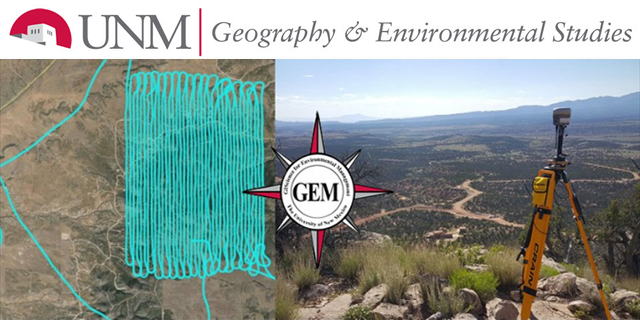
Geography ETDs
Publication Date
Spring 5-13-2023
Abstract
Herbalism, or practices which use plants for medicinal purposes, is tied to traditions in several cultures of the American Southwest, including Indigenous herbal medicine, Mexican-American curanderismo, and Western herbal traditions. Herbalism has been steadily gaining mainstream popularity since the late 1960s, alongside counterculture, holistic health, and back-to-nature movements, introducing many newcomers to the practice. This study asks: How does herbalism create and attach meaning to plants, cultures, and place in New Mexico? What are the affective landscapes produced by herbalism in New Mexico? And, to what extent do meaningful attachments manifest in ethics and actions of care? I argue that herbalists and plants collaborate to re-animate the landscape of New Mexico. This is achieved through establishing intimate human-plant relationships based upon reciprocal practices of care. Herbalists struggle over meanings of cultural identity, ancestry, gender, and life under capitalism through their practice, creating opportunities for change in a tradition-centered space.
Degree Name
Geography
Department Name
Geography
Level of Degree
Masters
First Committee Member (Chair)
Dr. Ronda Brulotte
Second Committee Member
Dr. Marygold Walsh-Dilley
Third Committee Member
Dr. Chris Duvall
Document Type
Thesis
Project Sponsors
Museum Research Traineeship (MRT)
Language
English
Keywords
more-than-human, herbal medicine, care, affect, plants, political ecology
Recommended Citation
Stroud, Samantha Angelou. "The affective landscapes of herbalism in New Mexico." (2023). https://digitalrepository.unm.edu/geog_etds/63
Included in
Environmental Sciences Commons, Human Geography Commons, Nature and Society Relations Commons
